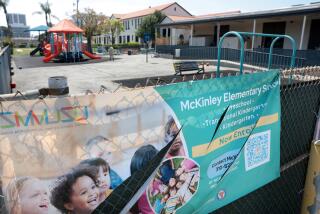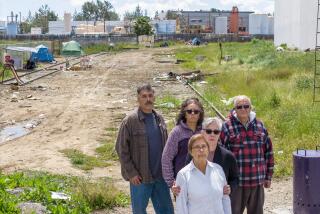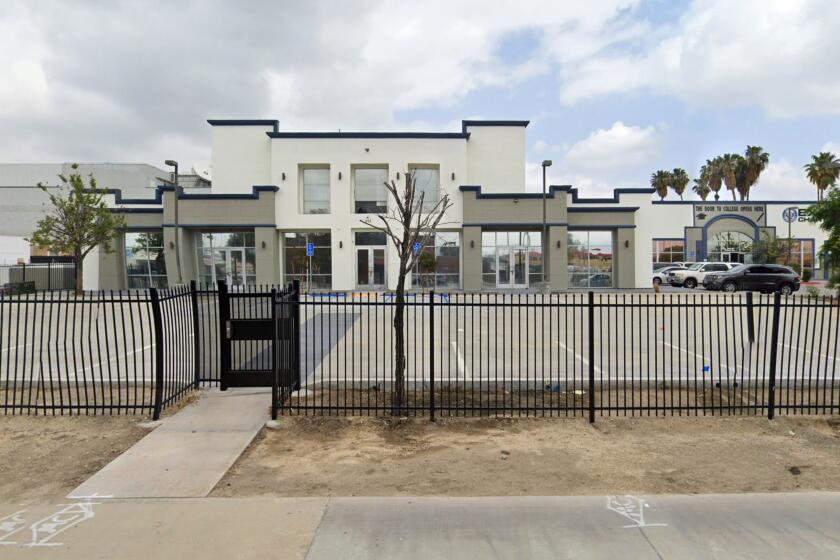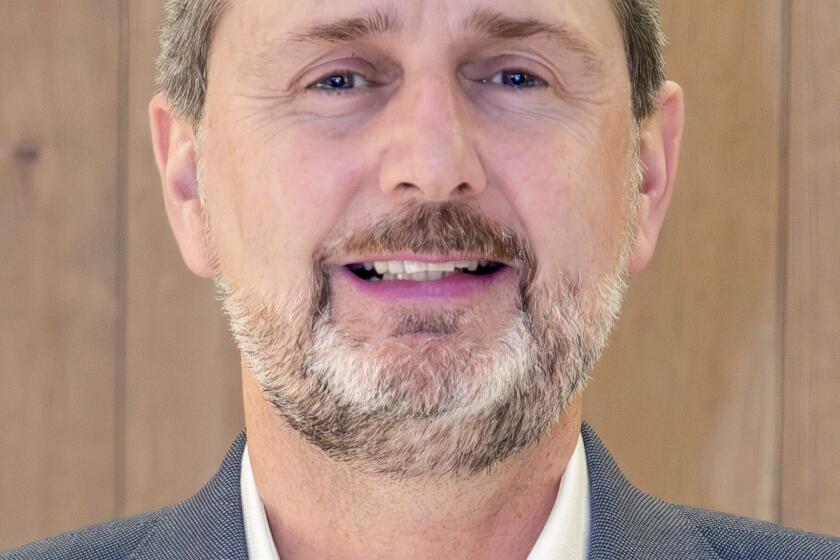Kettleman City asks: Why so many birth defects?
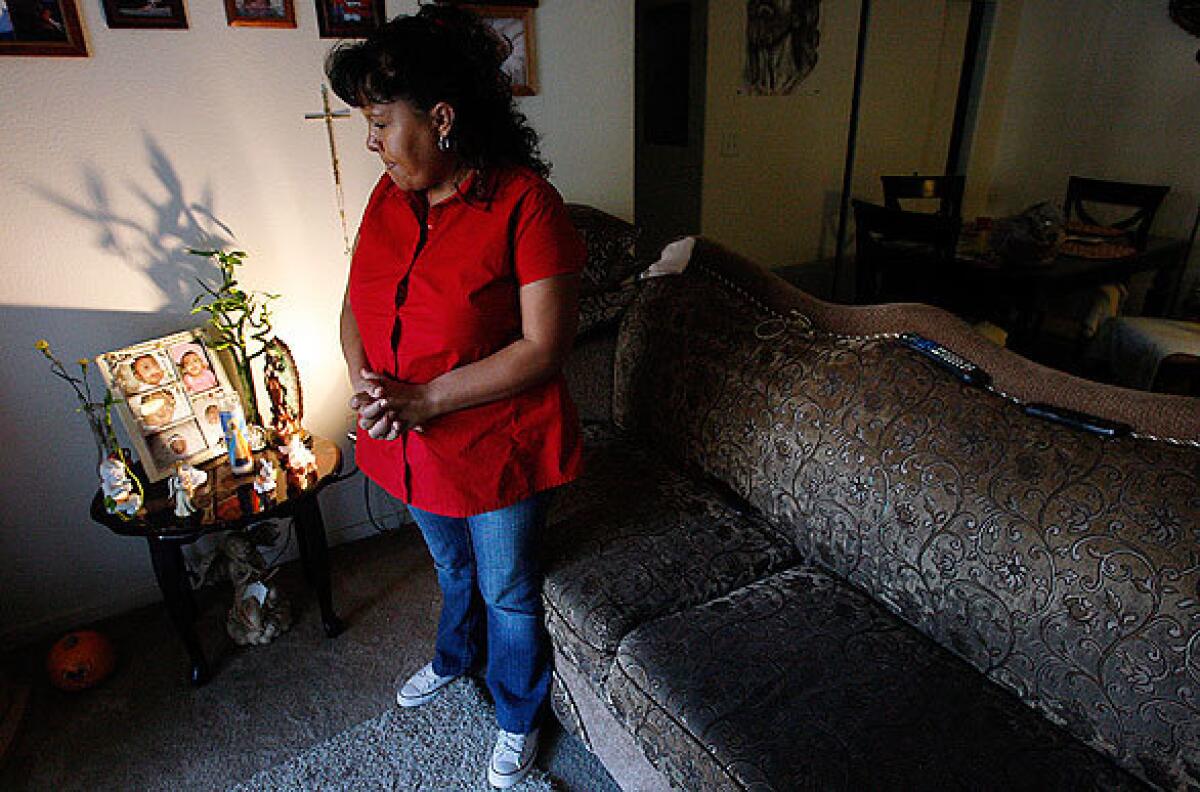
When environmental activists began a survey of birth defects in this small migrant farming town halfway between Los Angeles and San Francisco, the results were alarming.
Approximately 20 babies were born here during the 14 months beginning in September 2007. Three of them died; each had been born with oral deformities known as clefts. Two others born with the defect during that period are undergoing medical treatment.
The 1,500 primarily Spanish-speaking residents of this impoverished enclave just off Interstate 5 want to know what is causing these health problems. Some blame them on a nearby hazardous waste facility -- the largest landfill of its kind west of Louisiana and the only one in California licensed to accept carcinogenic PCBs.
Residents and environmental activists want the Kings County Board of Supervisors to stop a proposed expansion of the 1,600-acre landfill until the issue can be investigated by state and federal regulatory agencies. Even Chemical Waste Management Inc., which owns the site, has also expressed concerns about the county’s reluctance to call for an outside investigation.
County health officials say it is extremely difficult to quantify the relationship between pollution and birth defects.
“I understand why people are concerned,” Kings County health officer Michael MacClean said in an interview. “But most of the time, when we are talking about small numbers such as these, they are just random occurrences.
“We will definitely continue to monitor the situation to see if over time the apparent excess of cleft palates continues,” he said. “If so, I would at that point ask for the state to come in and investigate.”
On Monday, dozens of Kettleman City residents and hundreds of landfill employees and supporters traveled to Hanford Civic Auditorium, some 40 miles away, to hear the Board of Supervisors consider an appeal of the county planning commission’s recent unanimous approval of the expansion.
Supervisors heard from several witnesses into the evening. A final decision on whether to approve the expansion is expected Dec. 22.
Holding up hand-painted posters that read “Health First, Money Last,” 150 people gathered on the steps of the auditorium and demonstrated boisterously against the landfill firm and the county. Inside, about 300 company supporters filled the seats wearing black T-shirts emblazoned with the Waste Management logo.
For decades the people of Kettleman City have endured a variety of toxic substances, including agricultural sewage, pesticides sprayed on surrounding fields and orchards and tons of chemicals and contaminated soils hauled each day into the landfill, which is 3 1/2 miles west of town.
The appeal of the landfill expansion was filed by community groups led by Greenaction for Health and Environmental Justice.
Among other things, they question the county’s reliance on state Department of Health statistics showing low birth-defect rates for Kettleman City from 1998 to 2006. The data showed a ratio of 2.9 birth defects per 1,000 live births in Kettleman City during those years. County officials said they are waiting for state birth-defect data covering the 14-month period in question.
“It’s a cover-up, a whitewash . . .,” said Bradley Angel, a Greenaction spokesman. “We stumbled upon the problem while conducting a community health survey. Since then, not one agency has bothered to investigate. They’re dismissing it as a random coincidence.
“We never said that Waste Management caused this problem,” he added. “We said we want an investigation. All we know for certain is that there are dead and ailing children and a community whose members are suffering with a health emergency.”
Maria Saulcedo’s daughter Ashley, who had a cleft palate and other ailments, died at 11 months.
“I tried to give her all my love. I learned to feed her with a tube. She was always constipated. She died of a blood infection,” said Saulcedo, 41.
Daria Hernandez’s 1-year-old son, Ivan, has undergone two surgeries for a cleft palate and related problems. “He suffers from ear infections and will require speech therapy later,” said Hernandez, 23.
Looking out her living room window, she added: “I don’t want other children to make fun of him when he is older.”
Chemical Waste Management officials have also chastised county officials for not formally requesting a state investigation.
“We may never find the exact cause of this problem,” said Jim Sook, the company’s waste approvals manager. “But they should at least show some concern. The people of Kettleman City will never feel they are getting a fair shake if they are being ignored.”
Kettleman City residents were already distrustful of the company, which said it contributes about $3 million annually in taxes and disposal fees to the Kings County general fund.
In 1985, the Environmental Protection Agency fined the company $2.1 million for violations that included operating additional landfills and waste ponds without authorization.
In 1990, residents defeated a proposed commercial toxic waste incinerator project -- which had been approved by the Kings County Board of Supervisors -- by pointing out that the environmental impact report had not been translated into Spanish, the primary language of the town’s citizens.
In 2003, the waste dump was among 22 such facilities that California Environmental Protection Agency officers determined contained unusually high levels of radiation.
Now, residents are voicing concerns about the legacy of toxic substances buried at the landfill.
Company officials sympathized, but they insisted their facility is heavily regulated and not the source of the birth defects.
“We are a lightning rod for the anger of the community, and in some ways it is deserved,” said company spokeswoman Kit Cole. “The challenge for us as a company now is to work through this issue in a two-way dialogue with the community and have a tolerance for the pain and frustration it will unleash on us.”
More to Read
Start your day right
Sign up for Essential California for news, features and recommendations from the L.A. Times and beyond in your inbox six days a week.
You may occasionally receive promotional content from the Los Angeles Times.
